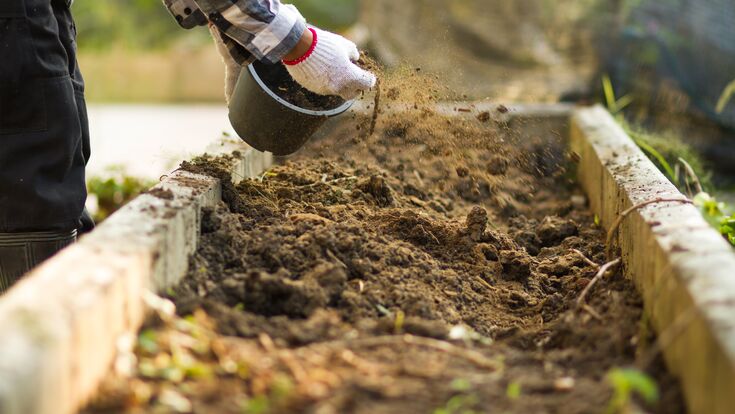Composting : "As island states, we must be mindful of the fact that space is limited"

The need for "a different voice to be heard and a different methodology from what is currently being done in Trinidad and Tobago" is what drives Sian Cuffy Young. So after 15 years of working in waste management, she founded the social enterprise Siel Environmental Services which is based in the Caribbean island country. Siel specializes in waste education and
literacy programmes for children, waste reduction training for individuals and businesses and provides consultancy support for larger waste management projects. A recently launched community composting project is very dear to the waste educator's heart. Waste Management World talked with her about the initiative and the necessity of improving waste management in Trinidad and Tobago.
You recently were able to launch a community composting initiative in Trinidad and Tobago. Could you describe the project? What challenges did you face here?
The community composting initiative was launched on Sunday January 16th 2022 in Maracas, St Joseph, Trinidad and Tobago. It was a collaborative effort with the Tunapuna/Piarco Regional Corporation, Maracas St Joseph Farmers Association and my organization, Siel Environmental. Siel provided the farmers with composting training and expertise on the setting up of the compost system and site coordination. Our main challenge was getting the ball rolling in the initial stage by establishing the right forms of communication. It was not for a lack of interest or willingness to move forward but in getting people's schedules to sync. Once that happened, everything flowed very smoothly.

How does waste disposal generally work in Trinidad and Tobago? Would you say it’s a functioning waste management system?
At the domestic level, waste is collected by contractors hired by the
municipality and taken to the landfill for final disposal. For commercial waste, it is broken up into two main categories: hazardous or non-hazardous, then collected and the disposal method is determined. From May 31 2022, the waste management rules come into force for generators of waste and those that would require permitting. The main method of disposal for waste in Trinidad and Tobago is landfilling. As for functionality, I would say that there are greater interventions at the infrastructure and legal level that need to be put in place to have a more efficient and effective integrated solid waste management system in Trinidad and Tobago. Some examples are making the separation of waste at the household level mandatory by law, the passing of the Beverage Deposit and Refund bill, the establishment of transfer stations, the development of a national waste education and literacy programme (in
which my work falls and what we strive to achieve at Siel), more strategic partnerships with local bodies and the list can go on. As island states, we must be mindful and cognizant of the fact that space is limiting, the effects of climate change are real and that waste needs to be placed higher on the agenda.
Why is it essential to have solid waste management in place?
It is said that the amount of waste generated is a measure as to how well a country can manage its resources and that statement is very true. There is some work that has been done but there is still a lot to do. Having a solid waste management plan not only has environmental benefits but social and health ones as well. The three are intertwined and feed into each other. Without one, the others suffer. The implications of not having a solid waste management plan in place are far-reaching and often detrimental.
What are the advantages of a community composting project?
For us, the first benefit is the ability to grow healthy food i.e. ensuring food security for the community. Secondly is its benefit to the farmers in the programme as they work to ensure good soil health as healthy soils = healthy plants = a healthy YOU, and thirdly the benefit to the members of the community itself in terms of waste reduction and diversion, the elimination of foul-smelling garbage and the ability to participate in a programme that truly serves them.
The community composting initiative was launched on January 16th 2022 in Maracas, St Joseph, Trinidad and Tobago.
- © zVgSiel provided the farmers with composting training and expertise on the setting up of the compost system and site coordination.
- © zVg



